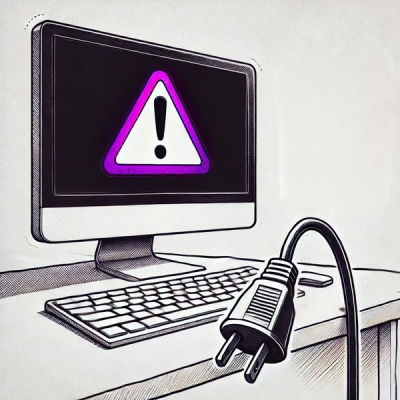
Security News
Node.js Homepage Adds Paid Support Link, Prompting Contributor Pushback
A new Node.js homepage button linking to paid support for EOL versions has sparked a heated discussion among contributors and the wider community.
Do not use this library - it is a dramatic simplification of proper regionalization and will give you incorrect results unless you are very careful.
You can install simple_regional via [pip] from PyPI or Anaconda.
Distributed under the terms of the MIT license, simple_regional is free and open source software.
You can build the documentation locally by installing the documentation Conda environment:
conda env create -f docs/environment.yml
activating the environment
conda activate sphinx_simple_regional
and running the build command:
sphinx-build docs _build/html --builder=html --jobs=auto --write-all; open _build/html/index.html
FAQs
Simple regional calculations for a shared spatial scale
We found that simple-regional demonstrated a healthy version release cadence and project activity because the last version was released less than a year ago. It has 1 open source maintainer collaborating on the project.
Did you know?

Socket for GitHub automatically highlights issues in each pull request and monitors the health of all your open source dependencies. Discover the contents of your packages and block harmful activity before you install or update your dependencies.

Security News
A new Node.js homepage button linking to paid support for EOL versions has sparked a heated discussion among contributors and the wider community.

Research
North Korean threat actors linked to the Contagious Interview campaign return with 35 new malicious npm packages using a stealthy multi-stage malware loader.

Research
Security News
The Socket Research Team investigates a malicious Python typosquat of a popular password library that forces Windows shutdowns when input is incorrect.